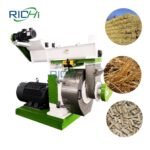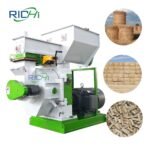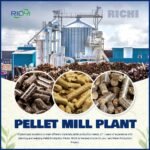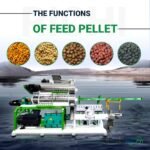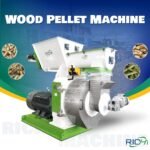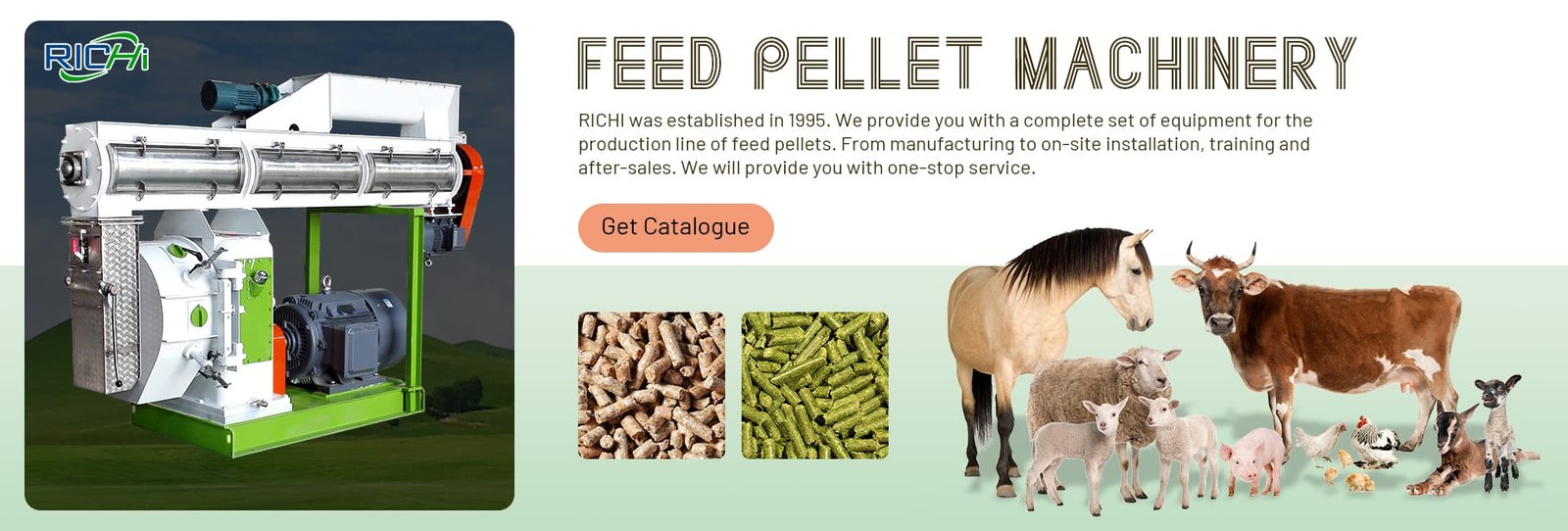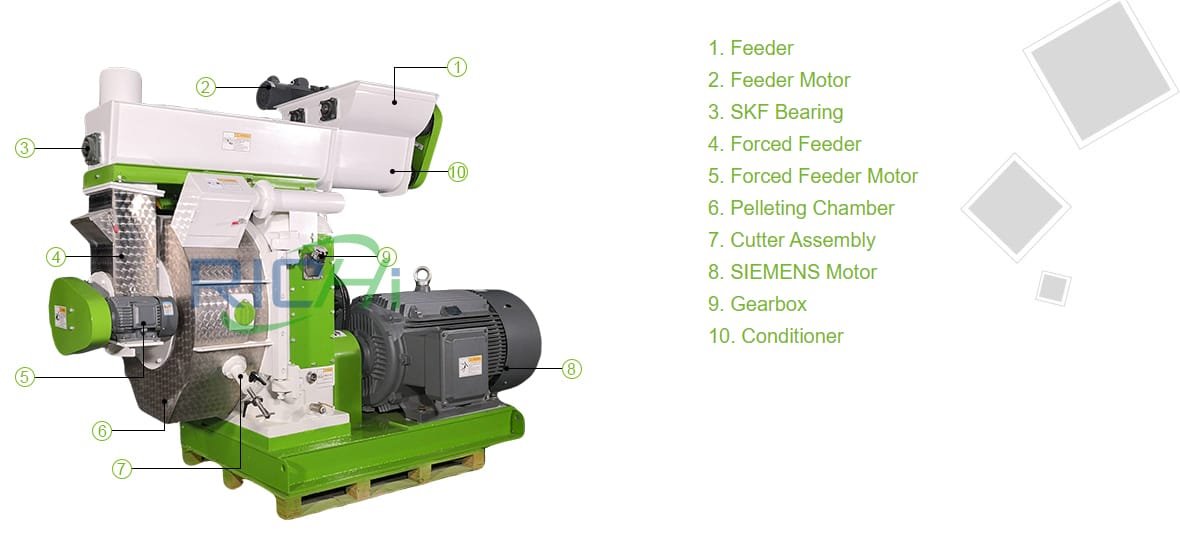Organic fertilizer granulation is a key step in the production of high-quality organic fertilizers. One crucial aspect that significantly affects the success of this process is the moisture content of the materials being processed. Maintaining the optimal moisture level is essential to ensure efficient granulation and the production of granules with the desired properties. In this article, we will explore the optimal moisture content for materials being processed in an organic fertilizer granulator, the factors that influence moisture content, the benefits of maintaining the appropriate moisture level, and the importance of monitoring and adjusting moisture content in the granulation process.
What is the Optimal Moisture Content for Organic Fertilizer Granulation?
The optimal moisture content for organic fertilizer granulation typically ranges between 25% and 35%. This range may vary depending on the specific materials being processed and the type of organic fertilizer granulator used. Moisture content below this range can result in difficulty in granulation, leading to weak and poorly formed granules. On the other hand, excessive moisture can cause the granules to become sticky, resulting in difficulties during the drying and cooling stages. It is crucial to find the right balance by adjusting the moisture content to achieve optimal granulation.
Factors Influencing Moisture Content in Fertilizer Processing
Several factors influence the moisture content in organic fertilizer processing. The moisture content of the raw materials used directly affects the overall moisture content of the mixture. Additionally, the size and structure of the raw materials play a role in determining the moisture content. Finely ground materials tend to absorb water more quickly compared to coarser materials. Furthermore, the environmental conditions, such as temperature and humidity, can impact the moisture content. These factors should be carefully considered and monitored to achieve the desired moisture level in the materials.
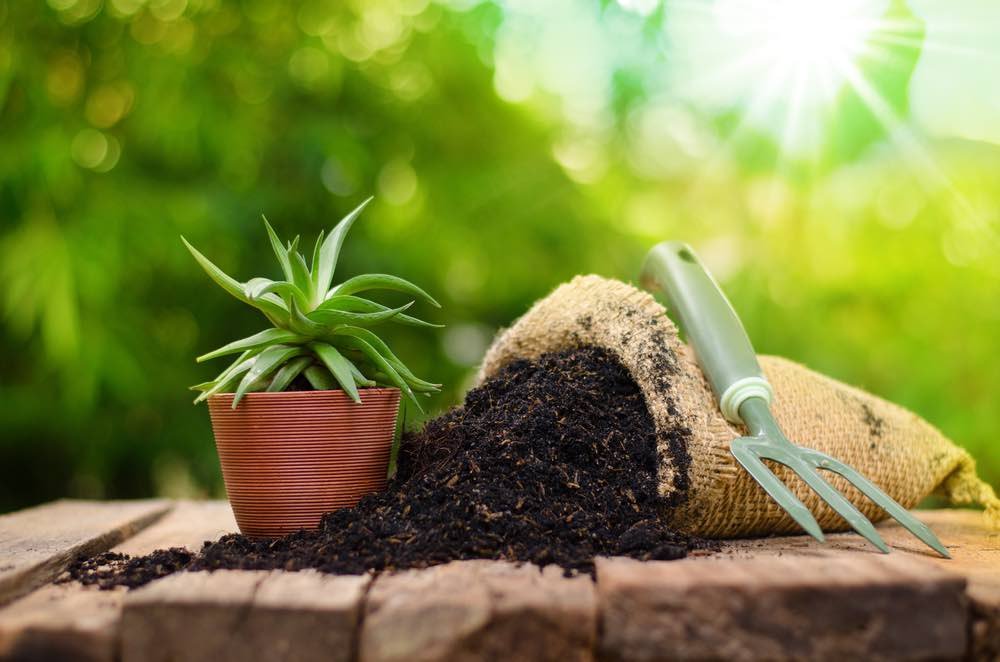
Benefits of Maintaining the Appropriate Moisture Level
Maintaining the appropriate moisture level during organic fertilizer granulation offers several benefits. Firstly, it ensures optimal granulation by providing the right amount of moisture needed for the binding and formation of granules. This results in granules with uniform size, shape, and strength. Secondly, the proper moisture level promotes the efficiency of subsequent processes such as drying and cooling. If the moisture content is too high, drying can be time-consuming and energy-intensive. Conversely, if the moisture content is too low, the granules may become brittle and break during the drying process. Finally, the appropriate moisture level prevents issues such as material blockages in the granulator and the formation of excessive dust during the granulation process.
Importance of Monitoring and Adjusting Moisture Content in Granulation Process
Monitoring and adjusting the moisture content in the granulation process is crucial to ensure consistent and high-quality organic fertilizer production. Regular moisture content measurements should be conducted using appropriate testing methods. If the moisture content deviates from the optimal range, adjustments can be made by adding water or drying the materials, depending on the specific situation. By closely monitoring and controlling the moisture content, manufacturers can achieve optimal organic fertilizer granulation and improve overall production efficiency.
Maintaining the optimal moisture content is a critical factor for successful organic fertilizer granulation. By understanding the optimal moisture range, factors influencing moisture content, the benefits of maintaining appropriate levels, and the importance of monitoring and adjusting moisture content, manufacturers can enhance the quality and efficiency of their organic fertilizer production. Implementing proper moisture control strategies will lead to the production of high-quality granules, ensuring the effectiveness of organic fertilizers in promoting healthy plant growth and sustainable agriculture practices.

